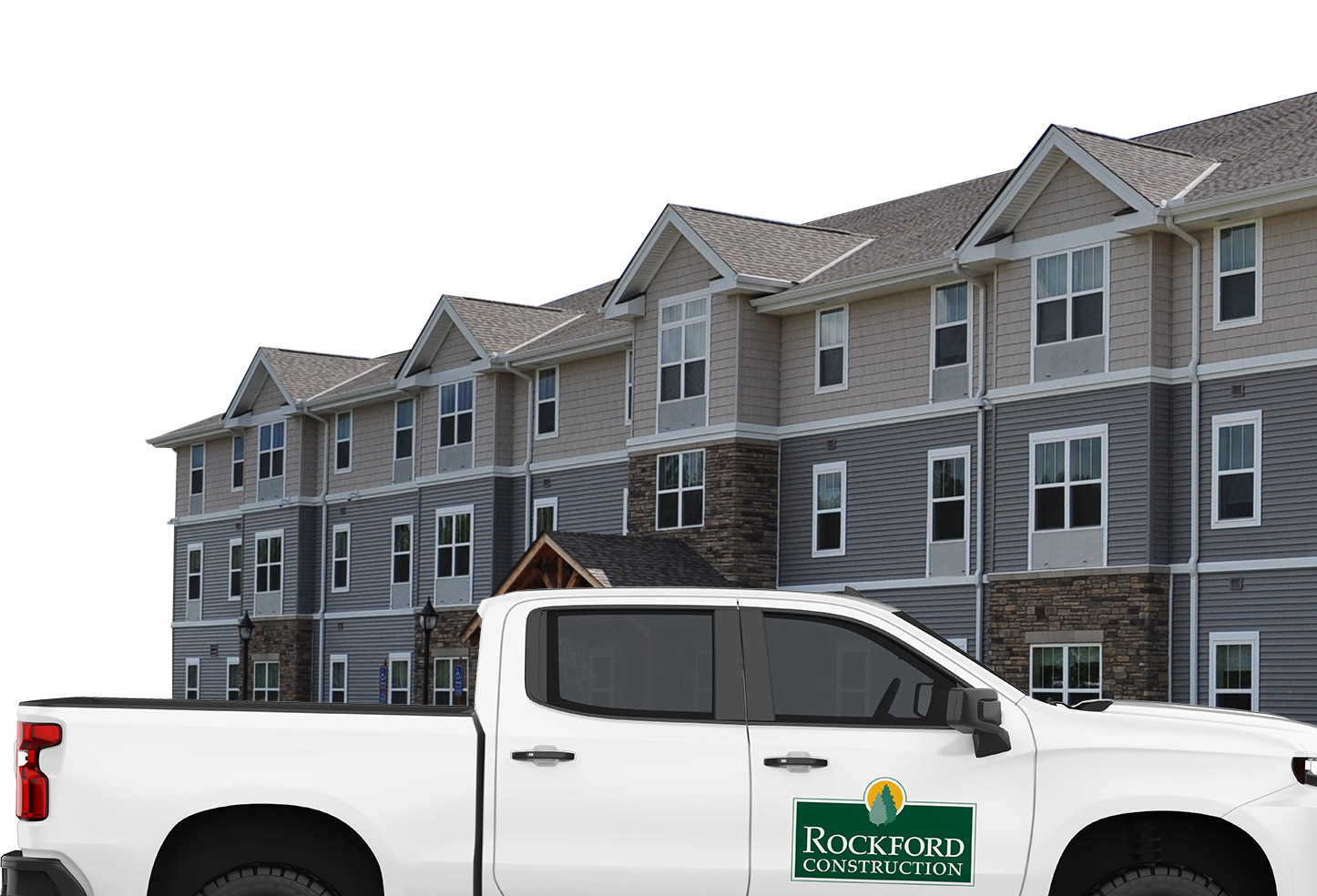The contracting industry can be very profitable, if done the right way. A general residential contractor can make or break your investment. You need a decorated contractor to guide you through the intricacies of residential construction. There are many ways a residential contractor cannot only help you save money, but also generate additional money through the construction process. Construction projects are like driving a car and contractors are like your GPS navigation. You can get from point a to point b without guidance, but is it the most efficient way? Will roadblocks or speed bumps derail your entire construction project, which will most likely cost you more money? Can your general contractor act as a reliable navigator to save your project time and money? As an astute contractor, they should have a couple tricks up their sleeve to save you money. It cannot be said enough that just like driving a car with no map or navigation, a construction project without an attentive contractor can get completely lost, prolonging the construction process and costing you more money. It is imperative that your construction project has a plan and the right people to execute that plan. In this guide, we outline a couple different ways a general residential contractor can help investors stay profitable.
Residential General Contractors can Help You Stay Profitable
A general residential contractor may help an investor keep the construction business profitable. They manage the subcontractors who take up various construction projects like ground-up construction, remodeling, or general improvement. The contractor’s responsibility is to ensure that the work is completed efficiently, saving the business owner money. Besides ensuring the efficiency of work, here are five more ways a general contractor may help a construction business owner to stay profitable:
1. Helps Create your Budget
The first task before initiating a project is to plan it all out and allocate costs to each project activity. With vast experience in the industry, a general contractor can help you create a budget plan that is accurate to the scope of the project. Note, it is a red flag if a residential general contractor does not have a detailed, budgeted plan. If this is the case, it may be in your best interest to find a new contractor because with no plan, there is a higher risk the contractor may go over budget, which will cost you in the end. A residential general contractor can help an investor save on construction costs by using the budget as a road map for the project’s progress. A great residential contractor A great residential contractor will continually explore ways to remain within the budget even if problems and limitations come up as the project progresses. Staying within budget also ensures that the projects’ resources are used efficiently: there are no shortages or leftovers. The budget manages more than just resources. It is also important to keep tabs on factors like labor and machinery, as both can become very expensive very quickly when not monitored. It is important to avoid machine breakdowns, workers walking away, and other similar problems that could derail the project’s progress or stretch its budget and schedule. Seek out help from your residential general contractor to help plan your project’s scope and budget.
2. Helps Set Proper Profit Targets
Most people define their profit targets as “the highest possible profits,” “better than last year,” or “as much as needed to keep our doors open.” None of these are effective targets that will help you reach your goals.You need tangible and measurable goals to ensure you are getting the most out of your investment. Before talking to a contractor, you should first sit down and determine profit goals for yourself without the help from a contractor. Your profit goals should be in the SMART goal format. Your goals should be specific, measurable, achievable, relevant, and timebound. Set a 3-month, 6-month, 12-month, 2 year, 5-year, and 10-year goal, adjusting the time intervals to fit your investment strategy. Bringing these profit goals to a general contractor sets a foundation for the contractor to adjust your expectations and provide useful advice based on their vast experience within the industry. When meeting with your general residential contractor make sure that they document all the changes they are making to your budget. You don’t want any miscommunication when it comes to your construction budget. Treat the budget as if it were a contract. The work of a general residential contractor is to help the investor come up with profit targets and ensure that they are realistic. The target should take into account the labor costs, the overhead costs, and the sales goals
3. Negotiate, negotiate, negotiate.
Working under the general residential contractors are many subcontractors hired to complete smaller projects to help complete your residential construction project. The general residential contractor’s main job is to oversee all the subcontractor’s work and ensure the project is done efficiently and thoroughly. A great general contractor will negotiate pricing with subcontractors to stick to the budget they promised you. Negotiating is one of the most overlooked skills to be successful in your business venture. Your general residential contractor should be aggressive to not take ‘no’ for an answer. Even after meeting with the subcontractors and other third parties involved, your general contractor should make sure the price is right and the job is done proficiently. The contractor is responsible for keeping an eye on all costs associated with the project. For example, if material prices are decreasing, the subcontractor may advise you, the investor, to meet up with the subcontractors before starting a new project task to renegotiate the price of materials. Investors may end up saving a substantial amount that they could save or allocate to new projects.
4. Avoid Construction Waste
Sustainability can help more than just the environment. Being mindful of use and disposal of construction materials can help save you money, as well. Does your general contractor use, reuse and recycle resources efficiently? If not, is it an option for them? Efficient use keeps the project costs down, preserving the profit margin. The contractor may also come up with an ideal project layout. Having an efficient project layout helps to avoid excessive movement of resources and workers that causes resource wastage. The contractor can reduce labor inefficiency by maximizing the employees’ time on-site to avoid employing too many or too few hands. Too many workers may increase the cost of labor without increasing productivity while having few workers makes the work challenging and the performance inefficient. Regarding the use of resources, the contractor may also help the investor implement just-in-time purchasing, which sources materials and resources just when needed. This approach helps prevent wastage and material damage because the materials needed are available at just the right time.
5. Know Your Business’ Equity
Whether you’re a sole investor or a business looking to invest in residential properties, you must understand your equity. The equity of a business is the sum of the total assets minus the total liabilities. Knowing your or your business’ equity value helps you shape your residential investment strategy. To keep it simple, if your assets outweigh your liabilities, then you may have more opportunities to invest. If your assets and liabilities are about the same, then you may want to hold off on any further investments. If your liabilities outweigh your assets, then it may be time to adjust your investment strategy. These are all situations your general contractor can assist you with and provide advice in order for you to meet your set SMART goals.
In Conclusion
Increasing and sustaining an upward trajectory for profitability of a business requires a continued identification of ways to bring down the construction costs without compromising the quality. Residential general contractors often have accrued the skills and knowledge to make your residential construction project a success. Besides working with the business owners to increase the profits, the contractor also takes over the management of service and product delivery, shifting the burden of project management from the investors’ shoulders and allowing them to focus on other roles. Lastly, just because you have hired a general contractor does not mean you are completely relinquished from your duties. It is still imperative for you to keep a solid line of communication with your contractor to monitor the progress. When looking for efficient, hands-on residential general contractors, contact Rockford Construction. We offer full-service general contractor and construction solutions for multi-family construction units to ensure your investment projects progress as seamlessly as possible to give you the best chance at profitability.



